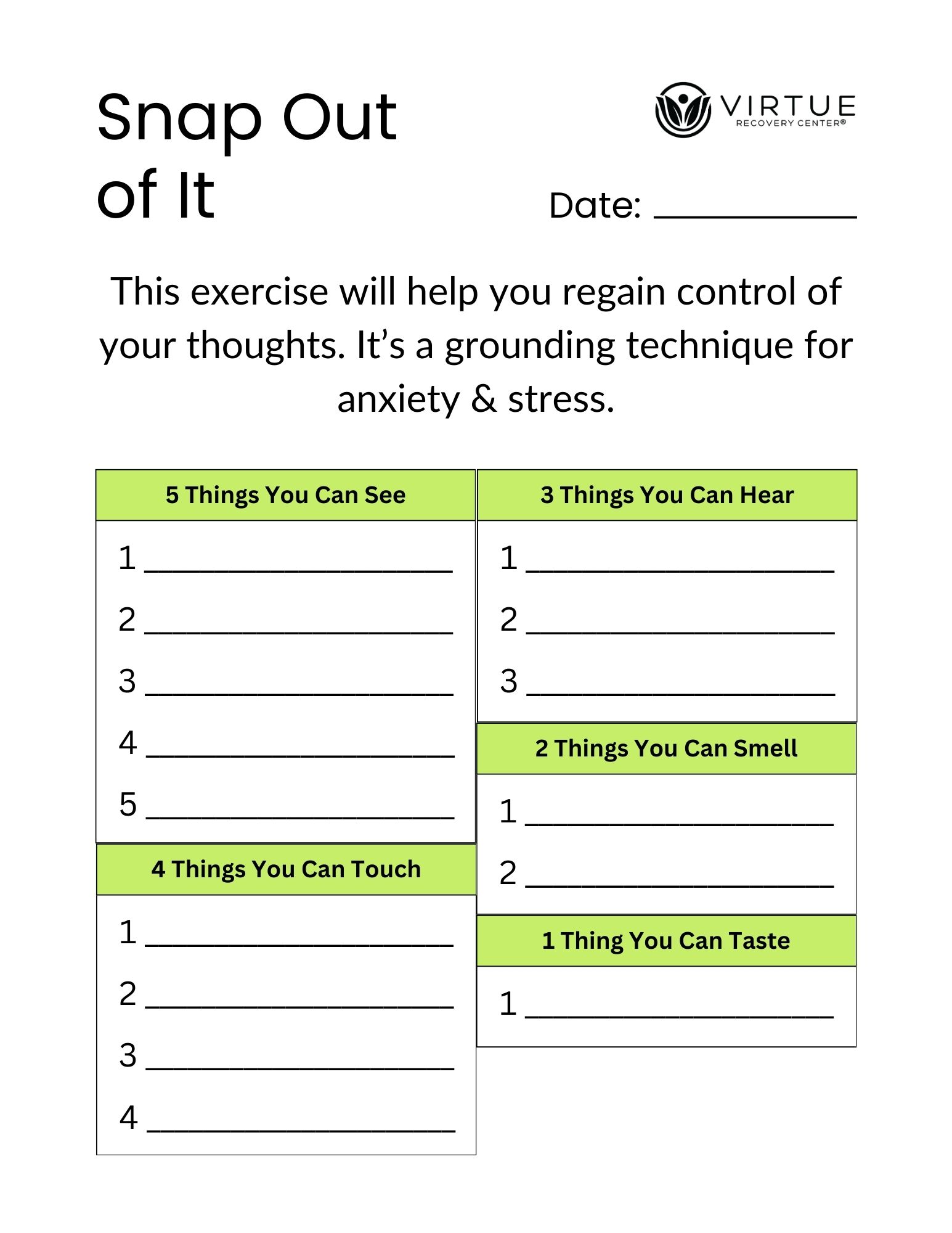Emergency responders confront distinctive mental, physical, and social challenges in their line of duty. These stressors and traumas can lead some individuals to turn to drugs or alcohol as a way of coping. Consequently, substance abuse among first responders might be more prevalent than in the general population. Nevertheless, recovery is attainable. Tailored treatment programs designed for first responders can effectively address their unique requirements.
 As defined by the Substance Abuse and Mental Health Services Administration (SAMHSA), first responders encompass the following professionals:
As defined by the Substance Abuse and Mental Health Services Administration (SAMHSA), first responders encompass the following professionals:
Who Qualify as First Responders?
 As defined by the Substance Abuse and Mental Health Services Administration (SAMHSA), first responders encompass the following professionals:
As defined by the Substance Abuse and Mental Health Services Administration (SAMHSA), first responders encompass the following professionals:
- Emergency public safety officials.
- Emergency medical services (EMS) personnel, which includes paramedics, emergency medical technicians (EMTs), and emergency dispatchers.
- Firefighters.
- Law enforcement personnel, including police officers.
Mental Health Challenges Faced by First Responders
First responders encounter a multitude of unique mental health risks within their demanding roles. These challenges may encompass conditions such as post-traumatic stress disorder (PTSD), depression, fatigue, burnout (feeling profoundly drained and overwhelmed), and an elevated risk of suicide. Notably, not all individuals exposed to these risk factors will develop mental health disorders. General factors that can impact the mental well-being of first responders include:- Challenging or hazardous work conditions.
- Confronting trauma, death, grief, injury, pain, or loss.
- Dealing with disaster situations.
- Operating in fast-paced work environments.
- Facing direct threats to personal safety.
- Enduring long or irregular working hours.
- Experiencing poor sleep patterns.
- Encountering relationship issues due to their profession.
- Being unwell or unfit for work.
- Receiving inadequate training.
- Having a personal history of trauma.
- Facing other negative experiences.
- Being on-site or close to the epicenter of an event, especially for extended periods.
- Identifying with trauma and disaster survivors.
- Lack of sufficient information during the event.
- Feeling unsafe or vulnerable.
- Supervising a large number of people.
- Dealing with severe injuries or deceased individuals.
- Experiencing physical harm or severe trauma.
- Being mental health workers.
- Excessive exposure to event coverage through television.
Post-Traumatic Stress Disorder (PTSD)
A significant risk factor for first responders developing mental health issues is the relentless pace of their work, often involving consecutive high-stress (and sometimes high-risk) incidents. This constant pressure leaves little downtime to process potentially traumatic or extremely stressful events. Studies indicate that more than 80% of first responders have encountered multiple traumatic events at work. Estimates suggest that between 10% and 15% of first responders have been diagnosed with PTSD, with some studies indicating rates as high as 30%. Symptoms of first responder PTSD include:- Recurrent intrusive thoughts, memories, or flashbacks of the event.
- Avoidance of reminders triggering distress.
- Altered thinking, mood, and emotions, leading to memory lapses, increased negativity, reduced interest in hobbies, detachment from others, or inability to experience positive emotions.
- Heightened arousal and reactivity, such as irritability, excessive startle response, or reckless behavior.
Depression
First responders frequently contend with elevated rates of depression. Studies show that 6.8% of EMS professionals experience depression, while 24.7% of police officers after the 9/11 attacks and a substantial percentage of firefighters also struggle with depression. Symptoms of depression comprise:- Persistent feelings of sadness or low mood.
- Loss of interest in once-enjoyed activities.
- Changes in appetite.
- Sleep disturbances.
- Fatigue or lack of energy.
- Feelings of worthlessness or guilt.
- Difficulty concentrating or making decisions.
- Suicidal thoughts or behaviors.
Burnout
Burnout affects a significant proportion of EMS workers, with dispatchers facing notably high rates. Symptoms of burnout encompass:- Feelings of sadness, depression, or apathy.
- Easily becoming frustrated or irritable.
- Blaming others for issues.
- Indifference towards work.
- Social isolation.
- Neglecting personal hygiene and health.
- Overwhelming fatigue or exhaustion.
- Sense of failure or inadequacy.
- Resorting to alcohol or drugs as coping mechanisms.











